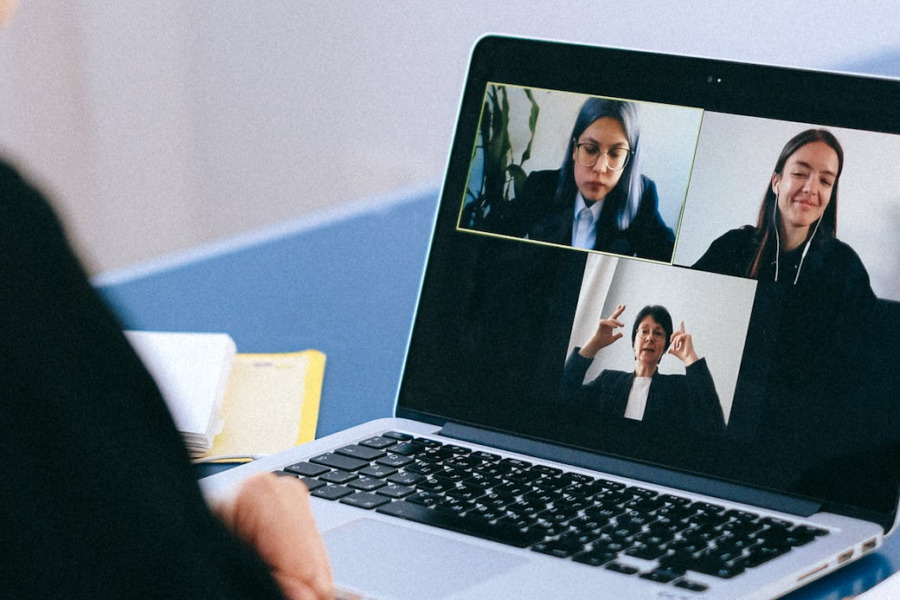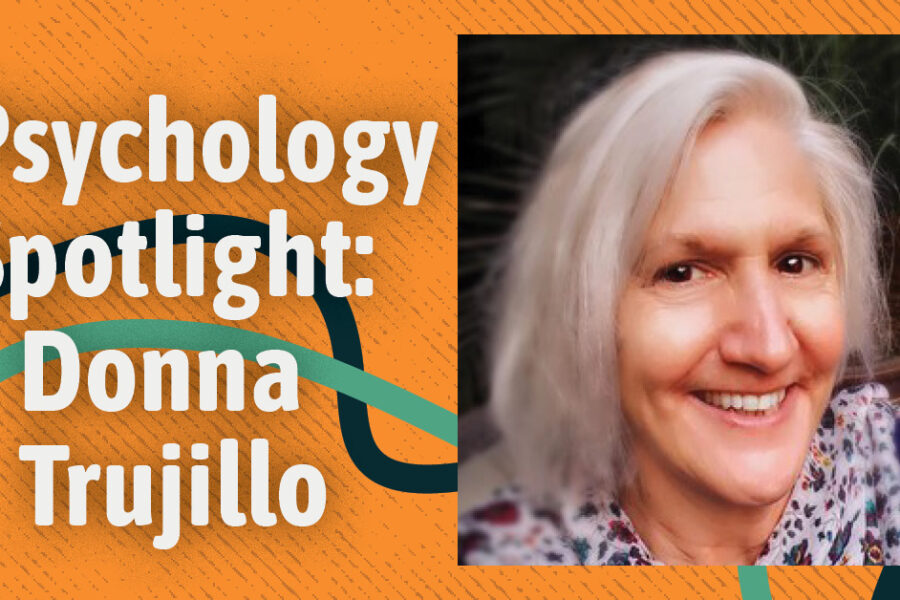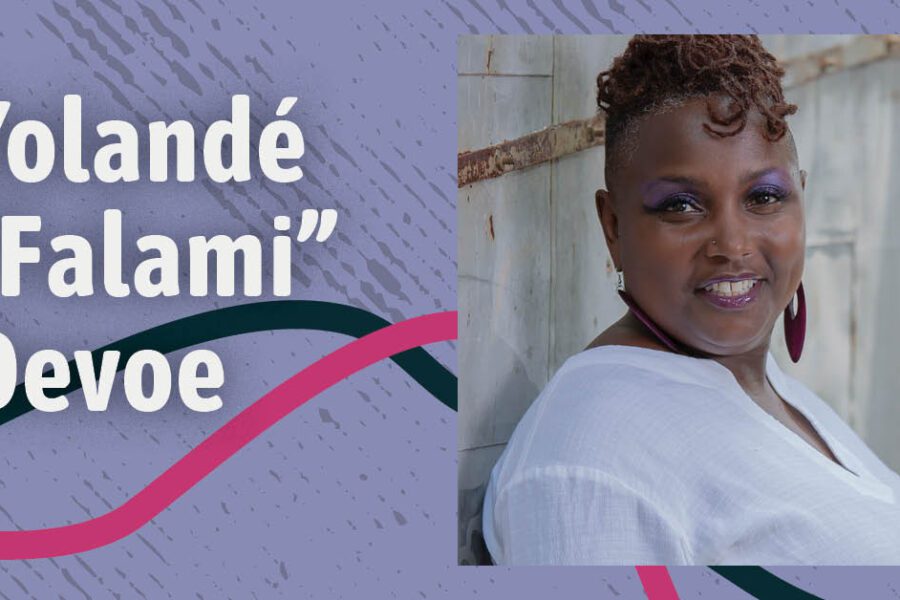Antioch is accepting a special “Waldorf Cohort” to its Doctor of Education program, which will feature a unique curriculum and aims to enrich and enliven the Waldorf education movement. Those who join this special group of EdD students—all beginning the program in September 2021—will come together over the coming years to study with other Waldorf scholar-practitioners and engage in a doctoral program with a social justice focus.
The timing of this cohort roughly coincides with the 100th anniversary of the founding of Waldorf education in Germany. That’s partially by design. “We’ve been wishing for this Waldorf cohort to happen for a long, long time,” says Dr. Torin Finser, core faculty in the AUNE’s Education Department and a driving force behind the special cohort. He sees the centennial not only as an opportunity to launch a long-planned program but also as a chance to reflect on and shape the future of Waldorf education. “It was a wonderful milestone,” he says. “But also there’s a real need to now look to the future.”
Dr. Michael Raffanti, director of the EdD, agrees that now is a time to keep building toward a better future. “This is an opportunity,” he says, “to produce Waldorf doctorally-trained experts who will have an influence on the Waldorf movement throughout the world.”
Specializing the EdD’s Structure for Waldorf
The Doctor of Education in Educational and Professional Practice is a low-residency doctorate program that is designed to be completed in three years. The program is designed for working adults, with classes offered online except for a four-day residency on one of Antioch’s campuses. For the Waldorf cohort, there will be special residencies held in Keene, New Hampshire. The initial Waldorf residency is scheduled for September 16 – 19, 2021.
For now, the program is still planning on meeting in person to kick off the program next September. “Waldorf folks are really into outdoor education,” says Finser. “They really enjoy face-to-face engagement, the arts, and the things that can happen with discussion groups when you’re face-to-face.” (Even should that residency be forced online, later residencies would be held in person.)
The intensive residency will allow this group to cohere and form vital connections with each other. Groups of students that begin the program together form a cohort: they take courses together, complete program requirements at the same time, and often form close bonds with each other. The EdD will be welcoming both a regular cohort and this special Waldorf cohort.
This group will be especially focused on Waldorf education, but each student’s specific path through the degree will be quite specialized. “It really depends what the student comes into the program with and what their dissertation ideas are,” explains Raffanti. Students will be able to use the master’s level Waldorf courses already taken at Antioch to help fulfill the specialization requirement of the EdD, and they will be able to develop individualized studies with a Waldorf expert as their guide.
The degree culminates in the research and writing of a dissertation on a subject decided upon by the EdD candidate. At the end of their second year, students nominate an Antioch faculty member to chair their dissertation committee. This dissertation chair helps guide and advise the student as they conceptualize, research, and complete their dissertation.
“The Waldorf folks I think will be particularly keen on action research and school-based research,” says Finser, who is intending to serve in this advisory role for some students. He foresees that this space for deep inquiry and exploration will be particularly fulfilling for many practicing teachers because “teachers carry questions around with them; they have time to think for a few moments and then they’re on to the next lesson.” In the EdD, they will be encouraged to stop and sit with those questions. As he says, “Here’s a chance to really go deep.”
At Antioch, Waldorf Is A Longtime Fit
Antioch’s history with Waldorf education goes back to 1982, when the university launched its Waldorf Teacher Training Program in a collaboration with the Pine Hill School, a K-8 Waldorf school in Wilton, New Hampshire. The first program to launch offered full-time study for two years, leading to a Master’s degree and optional teacher certification. The program soon gained acceptance as a full member in the Association of Waldorf Schools of North America, and in the ‘90s it added a Summer Sequence program so that those already employed could study over their summer breaks. This EdD special cohort is a natural continuation and expansion of Antioch’s deep history and involvement with the Waldorf movement.
Waldorf fits particularly naturally at Antioch, which has its own history of experimental education stretching back to the 19th century. Perhaps most importantly, Antioch shares with the Waldorf movement a devotion to social justice. Antioch was coeducational and nondenominational at its founding, and it was one of the first colleges in the U.S. to admit Black students. As for Waldorf, when the first Waldorf school was opened in 1919, the visionary founder of Waldorf education, Rudolf Steiner, told the school’s sponsor Emil Molt that he would open the school only if it was coeducational, was accessible to all students regardless of financial means, and empowered teachers to make decisions on a day-to-day basis. “He set out several conditions, which were all radical in those days,” explains Finser.
A century later, Antioch and the Waldorf movement both continue working to win victories for humanity, in Antioch founder Horace Mann’s famous phrase. Wage gaps, systemic racism, and educational access persist as key issues today. “These are things that Waldorf needs to address head-on to move us into the next hundred years,” says Finser. He believes that the EdD will help equip scholar-practitioners with the tools to make necessary change in these and other areas.
The Process of Creating a Special Cohort
The idea of having a special cohort like this already existed when Antioch launched its EdD degree program last year. “Some of us in the education department, particularly Dr. Tom Julius and Dr. Susan Dreyer-Leon, were very engaged in the approval process for the EdD,” says Finser. “We’ve been wishing for [this special cohort] to happen for a long, long time.”
With the hundredth anniversary of Waldorf’s founding, Finser brought the idea to Raffanti. He was quickly and strongly on board. “I just know a good idea when I hear one!” explains Raffanti.
Now that enrollment is open for the Waldorf cohort, Finser has been reaching out to his extensive connections across the world of Waldorf education. As of this writing, thirty-seven people have reached out requesting materials, and Finser says that there is widespread demand for a program like this.
This interest is strong especially among graduates of Antioch’s Waldorf MEd programs. “There’s a whole bunch of folks who graduated from Antioch with a master’s degree, who have been out there in schools for years—and some of them hit a glass ceiling in which they’ve been teaching kids for years and would really like to do advanced research,” says Finser. “They would like the doctorate so that they could, perhaps, teach in higher ed. And they are very interested in the EdD because of leadership potential.” For those who would like to be head of a school, particularly a Waldorf public charter school, it’s very desirable to have an EdD. Explains Finser, “for research, for advancement, and for career mobility, I think there are many people who are interested in it.”
For his part, Raffanti hopes that the program “will be a huge contribution to the Waldorf movement and forever associate Antioch with that growth.”
While this coming chapter has yet to be written, it’s clear that Antioch and its graduates will play a key role in the next century of Waldorf education.






